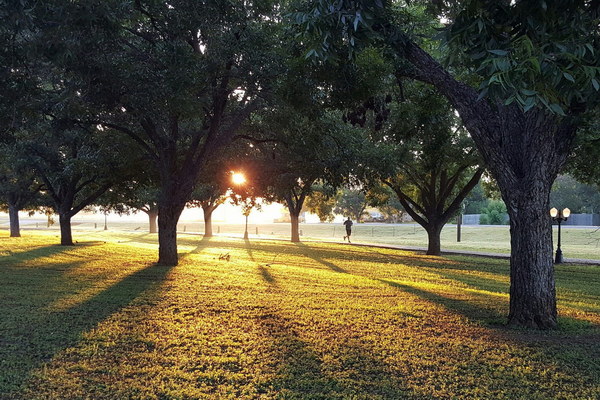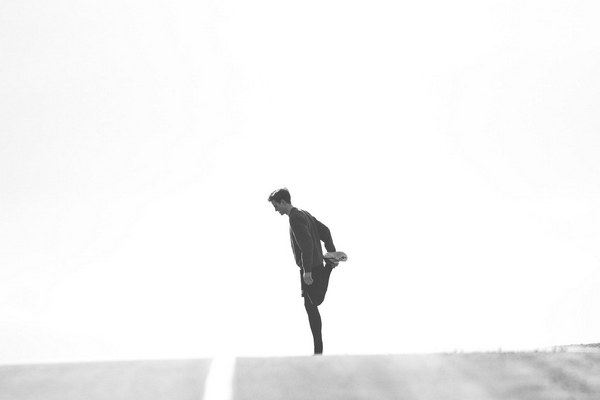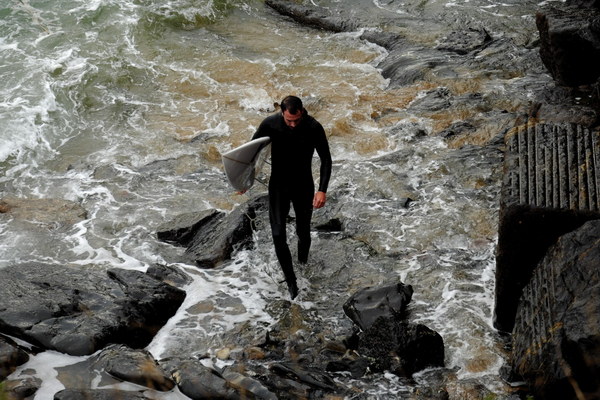Will the Police View Foot Bath Salon Surveillance Footage
In today's digital age, surveillance footage has become an integral part of our society, with countless businesses and institutions employing cameras to ensure safety and deter crime. However, the question of whether the police would view foot bath salon surveillance footage has sparked quite a debate. This article delves into the intricacies of this issue and explores the various factors that come into play.
1. Legal Access to Foot Bath Salon Surveillance Footage
The first thing to consider is whether the police have legal authority to access foot bath salon surveillance footage. Generally, surveillance footage is considered private property, and its use is subject to privacy laws and regulations. In many jurisdictions, law enforcement agencies can obtain access to surveillance footage only with a valid search warrant or consent from the owner of the footage.
2. Public Interest and Legal Justification
Even if the police have the legal authority to access foot bath salon surveillance footage, they must also demonstrate a legitimate reason for doing so. This is known as the public interest or legal justification principle. If a crime has been committed within the foot bath salon or if there is a reasonable suspicion that a crime may have been committed, the police may request access to the footage to gather evidence.
3. The Role of Foot Bath Salons in Crime Prevention
Foot bath salons, like any other business, have a responsibility to ensure the safety of their patrons and employees. By installing surveillance cameras, these establishments can deter crime and provide a means of evidence in the event of a criminal incident. This makes it more likely that the police would be interested in accessing surveillance footage if it could help solve a crime.
4. Potential Concerns and Challenges

While the police may have legitimate reasons to view foot bath salon surveillance footage, there are potential concerns and challenges associated with this practice. Privacy concerns are at the forefront, as individuals who are captured on camera may feel their privacy has been violated. Additionally, there may be technical challenges in accessing and analyzing the footage, especially if it is stored in an encrypted or proprietary format.
5. The Role of Foot Bath Salon Owners
Foot bath salon owners play a crucial role in the process of granting or denying access to surveillance footage. They must balance the need to cooperate with law enforcement with the privacy rights of their patrons and employees. In some cases, owners may choose to consult with legal counsel before providing access to the footage.
6. The Future of Foot Bath Salon Surveillance
As technology advances, the use of surveillance footage in law enforcement is likely to become more prevalent. Foot bath salons, like many other businesses, may need to invest in more sophisticated security systems that can provide clearer and more detailed footage. This could make it easier for the police to access and analyze the footage when needed.
In conclusion, the question of whether the police would view foot bath salon surveillance footage is complex and multifaceted. While there are legal and practical considerations that must be taken into account, it is clear that in certain situations, law enforcement agencies may have legitimate reasons to request access to this footage. As privacy concerns continue to grow, it is essential that foot bath salon owners, law enforcement, and policymakers work together to strike a balance between public safety and individual privacy rights.









